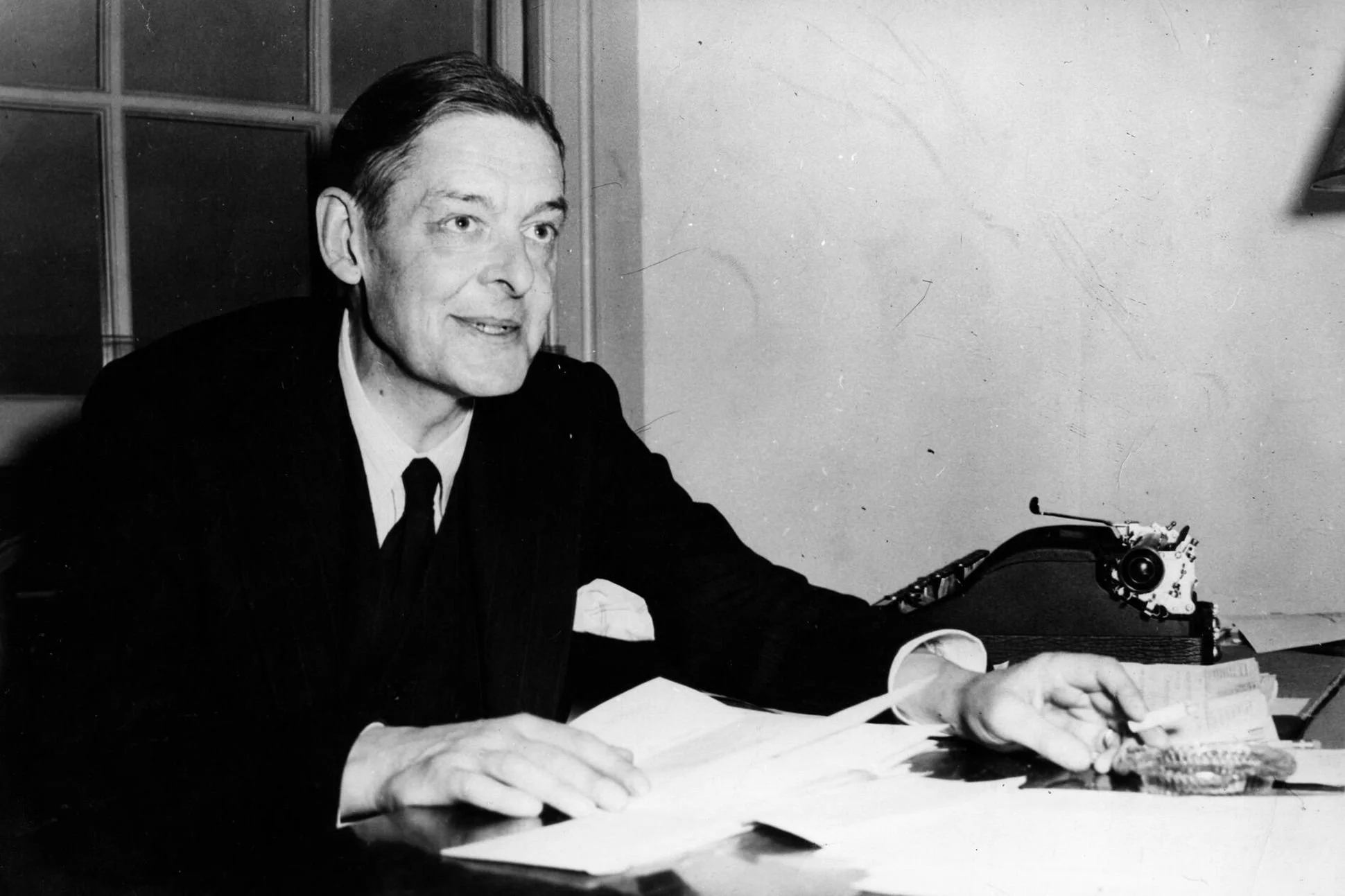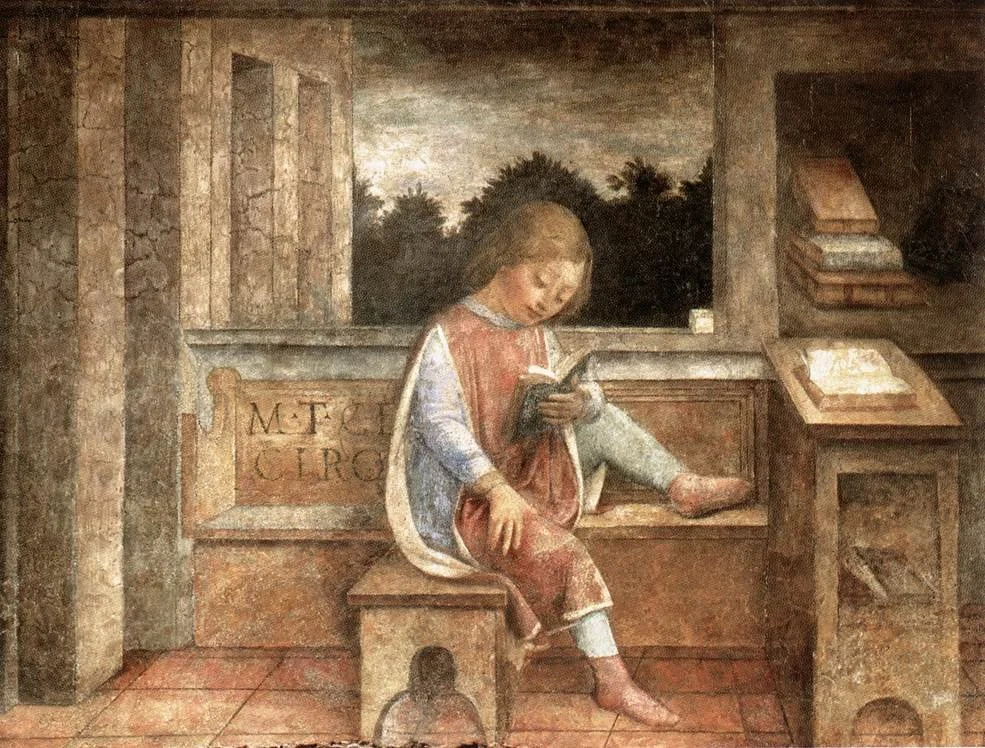Living By Buddha's Light
Sometimes it can seem that our lifetimes are as brief as dew drops in the morning sun. They have hardly started when they come to an end. Yet each life is merely one in a beginningless series, where we are propelled forwards by our deeds. River of Memory, Lama Jampa Thaye
I’ve been thinking about East and West in this dream world of ours; about the fading cultural influence of the Classical and Christian traditions and of the space for Buddhism amidst such a forgetful time.
The Western world was once full of wonders.
But all the rest, when they have passed time’s circle
for a millenium, are summoned by
the god to Lethe in a great assembly
that, free from memory, they may return
beneath the curve of the upper world, that they
may once again begin to wish for bodies Virgil, Aeneid VI
Born to one of the foremost Western teachers of Tibetan Buddhism, I was raised in a devoutly religious family. Thus, my conceptual and emotional frameworks were Buddhist before my memories of this life had begun. While moving to these rhythms, my mind was always finding cultural resonances; echoes of Buddha’s truth or a parallel sense of spiritual seriousness in the writings of the great figures of our Western canon.
I saw them everywhere. Secure in my own understanding of Buddhist thought, I smiled in recognition at Homer’s gods, made frivolous by their very immortality. I wept with Virgil’s compassion and heart-shaking understanding of human suffering, and thrilled to the glimmers of the ultimate truth while sailing down Heraclitus’ river. Shakespeare’s demonstration of tendrel through the character of Macbeth shakes me still and I haven’t even got to Mr Dylan!
These days, I teach mind training every week at our temple in Santa Monica. I am struck each time by the joyful enthusiasm evinced for the Buddha’s teachings. I currently have a steady crew of young folk and the radical altruism of the Mahayana tradition speaks powerfully to each one of them. There is a deep spiritual seriousness in the room; people are searching for truth. In question and answer sessions it also becomes apparent that many aspects of Buddhist doctrine are surprising to them; detailed discussion often ensues. At these times I notice that Western cultural tags I had taken for granted are nowhere in sight.
We moved to the US in 2010 and we’ve been helping to build a dharma community in Los Angeles for our Lama since 2013. Over the years, as we’ve met many people and generally grown more attuned to the American psyche, we’ve mused over the state of Buddhism’s reception in the West. What do people understand of it? Is modern culture resonating at a pitch which is helpful or harmful to those with deep spiritual yearnings?
These ideas were generally roaming around the dark room of my mind, until I saw the movie Past Lives last year. Exquisitely made, it’s a deceptively simple story of two childhood soulmates, parted by circumstance who find each other again in adult life. However the boy meets girl, boy loses girl, boy finds girl and they live happily ever after trope never has a hope of holding this particular narrative. The story is written with the Buddhist perspective on time, of past and future lives, and the Korean Buddhist notion of inyeon which has its roots in the doctrine of karma, even if it has taken on a more secular meaning over time*.
‘If two strangers walk by each other in the street, and their clothes accidentally brush, that means there have been 8,000 layers of inyeon between them’
You could teach an entire class on these opening lines from the film’s trailer alone; I’ve referenced it at the temple many times!
In watching the film I was brought to tears by the depth of the Buddhist resonances: of the reality of the connections between all beings which led me to reflect anew on the vital importance of the meditations on loving kindness and compassion. The spiritual beauty of the film lies in its demonstration of the way in which the vast Buddhist understanding of time allows for moral behavior in a situation where a more frantic, you only live once, perspective would almost certainly lead to disaster. Consider the ending, when you have seen it; no spoilers here!
Having watched it several times, my husband and I found ourselves in conversation with a couple of our younger temple members. They made the point that the strength of these cultural residues, of ideas like inyeon in Korea for example, can make it more natural for young people to connect with Buddhism there. They can hear the echoes unfiltered as there is dependent connection between the modern day and the earlier Buddhist cultural voices. Westerners, by contrast, in a post Christian society, are dealing with far less sympathetic resonances nowadays. Political utopias anyone?
Suddenly those ideas of culture and reception emerged, sharp and bright, and I began to consider the state of the West today seriously and to contemplate how those of us, who truly believe Buddha’s words can help beings, need to behave. I could talk for far too long about this so I’m just including a few thoughts here!
Generally, I think, we’re now in a time where the situation is somewhat like this. The power and beauty of our western cultural traditions, those elements which touched the truth of our human existence, in all its tragic glory, and which were a bridge to the conventional truth teachings of the Buddha, are fading away. For the majority of people they will not stand against the encroaching world of sharpness and virtual steel- or at least we cannot count on them doing so. Indeed, for many young people, it is as if their power and beauty never even existed in the first place. And so this bridge to the conventional truth teachings will be blown apart because the eternalist leanings of Western culture are dissolving.
The upside of the increasingly nihilistic vision of the world that seems to be the West’s future, is that the young minds reared in such an environment seem to be very open to the Buddhist view of emptiness and the ultimate truth side of the equation. We see this in our classes at the temple and I hear reports from elite academic institutions further afield, that this is also the case.
Those of us who are on the front lines of introductory Buddhist instruction need to be sensitive to this trend and its inevitable consequence. We need to be aware that people will be coming to us, laboring under the misapprehension that because Buddha taught emptiness he also preached moral relativism. We must be ready to illuminate, gently and implacably, why and how Buddha taught ethical behavior as the second of the three trainings. For, lest we be tempted to forget and dare for an instant to make Buddhism more palatable to western mores, we need only remember the words of the great Sakyapa master Chogyal Phakpa in his text Instructions to the Emperor:
‘Since conventionally the dependent origination of cause and effect is not deceptive, you will experience the ripening of your actions. Therefore, do not scorn actions and their results.’
It could be added at this point that there are those who will instinctively rebel against the nihilistic materialism currently in vogue. At the present time it would seem that such a rebellion is just as likely to lead one into a Christian church as a Buddhist temple, more so in fact- if we remember our discussion about Past Lives and cultural residues.
I’m not preaching a counsel of despair here, quite the opposite. In fact, once we observe the cultural terrain clearly, and have our wits about us, we can see that there is still so much opportunity to make the Buddha’s teachings available for anyone who is interested in them. The tools at our disposal today, through social media for example, give us a power of communication unfathomable only a couple of decades ago.
But I do think that the onus is on us to be imaginative, flexible and nimble minded, and (to misuse Andrew Marvel shamelessly) to have world enough and time for everyone who comes into our temples and shared spaces for dharma and indeed to show others that the door is one they might like to walk through. There is no road map to ensure that future generations born in the West will have the same access to Buddha’s teachings that we currently enjoy and yet there are so many avenues for creativity in this space when we allow ourselves to think laterally. I often think to myself nowadays, what could be more important?
We can not rely on disappearing cultural resonances or assume that, if it’s meant to be, people will find the Buddha’s truth. If we are serious about our responsibility to pave the way for beings to meet the Buddhadharma and go on to receive teachings from the great and realized masters who are alive today, then it is up to us. We, are the bridge.
May I be a protector for those without one,
A guide for all travellers on the way;
May I be a bridge, a boat and a ship
For all who wish to cross (the water) Shantideva, Bodhicaryavatara Ch.3
*In fact, it’s thought that the Korean inyeon comes originally from the Sanskrit hetu-prataya (causes and conditions)





